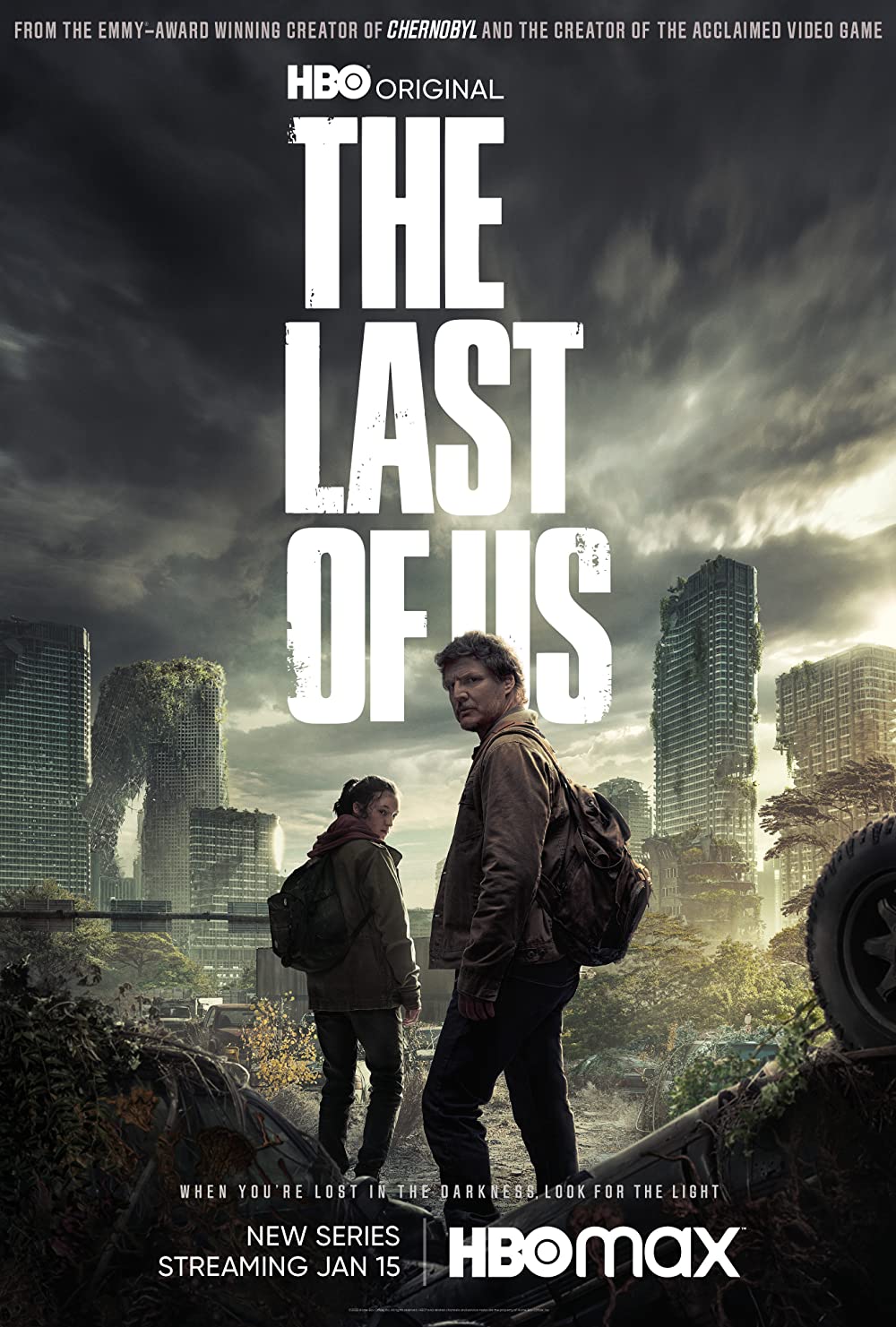Maria Jesus Martinez
HBO Max series “The Last of Us” premiered on Jan. 15, and recently finished their first season. Brought to life by directors Neil Druckmann and Craig Mazin, “The Last of Us” is the first of its kind for the streaming platform and is based on a video game from 2013.
The world has been infected by a lethal fungus called Cordyceps Brain Infectionwhich controls the mind of anyone infected and makes them kill more people and infect them, converting societies into chaos. There are few differences between the game and the show, such as less visible fungus spores—the last stage of a fungus that grows from a dead infected and spreads into the air to contaminate anyone without a mask.
Experts have warned that there is no cure, or so it was believed. Ellie (Bella Ramsey) was bitten by an infected, but she remained human, turning her into the key component to finding a cure to the twenty-year old pandemic. Outsiders and smugglers Joel (Pedro Pascal) and Tess (Anna Torv) accepted the request of Marlene (Merle Dandridge), the leader of the Fireflies in Boston Q.Z., to take Ellie to the Massachusetts State House in exchange for a truck. However, a series of events lengthens the journey by distance and time.
First of all, I liked that the plot was not only about a fungal infection, but also about a political uprising. The FEDRA (The Federal Disaster Response Agency) group represents the fascists who oppress the population. Their enemies are the Fireflies, an anarchist rebellion group that wants to give power back to thepeople. At the end of the series the Fireflies become the same as FEDRA in fear of chaos or a counterrevolution. Democracy seems to be impossible in times of crisis as extremes emerge.
The acting was superb. The dynamic developed interestingly amongst the characters, especially with Joel and Ellie. They grew from being distant and distrustful with each other to almost like a father-daughter relationship. The Joel from episode one is not the same as the finale as he starts wanting to protect Ellie like his daughter, who he lost at the beginning of the pandemic.
The cinematography was on point with the different decades and the music adapted itself depending on the scene in an effective way. The illumination in some scenes, however, was too dark and I could not see that well. I am aware that the series is an apocalyptic thriller and the picture must be darker, but sometimes it was a struggle.
My favorite episode was the pilot because it showed how the fungus pandemic began. In the first scene, a reporterinterviews two scientists in the 1960s to discuss environmental threats to humanity. One of the experts points out a fungal infection as the most catastrophic of them all and even adds that it could happen due to global warming.
When the series travels to 2003, symptoms of the pandemic begin to appear. There is an increase of violent crimes and of police presence on the streets, the early closing of shops and other businesses and the rumor of a “new drug” commented by reporters.
Life rapidly went from civilization to barbarism, with a great amount of blood, violence, frightening creatures that the infected turn into (gray skin, pointy dentures, faces shaped like fungus) and other very explicit scenes. Sometimes, I watched with my mouth open and my hands pressed against my face. Other times, I wanted to run out of my apartment and stop watching, which I think is a good sign for the lovers of the video game.
However, this tension that kept me excited faded away thanks to the length of each episode. In every hour-long episode, the scenes developed slowly with Joel and Ellie spending a large amount of time walking through the countryside and having pointless conversations.
Throughout the whole series, I was unable to connect with all the characters. Most supporting character lasted for an episode and then were killed or committed suicide, so I only knew about Joel and Ellie in depth. I thought it was boring to see them 90% of the time on the screen.
Although I enjoyed some parts of the show, in reality the only thing that I wanted was for each episode to come to an end, especially the season finale.
You may also like
-
Lady Gaga’s “Mayhem” Fails to Disappoint
-
Crossroads Live Delivers a Phenomenal Production of Dear Evan Hansen in Columbus
-
UWG Theatre Breathes New Life into a Beloved Classic
-
QSA Annual Drag Show Entertains Eager, Diverse Crowd
-
Lucy Dacus’ Fourth Studio Album, Forever Is A Feeling, Encapsulates The Vulnerability and Thrill of Falling In Love
